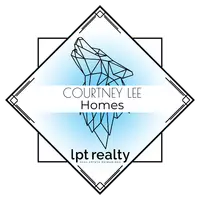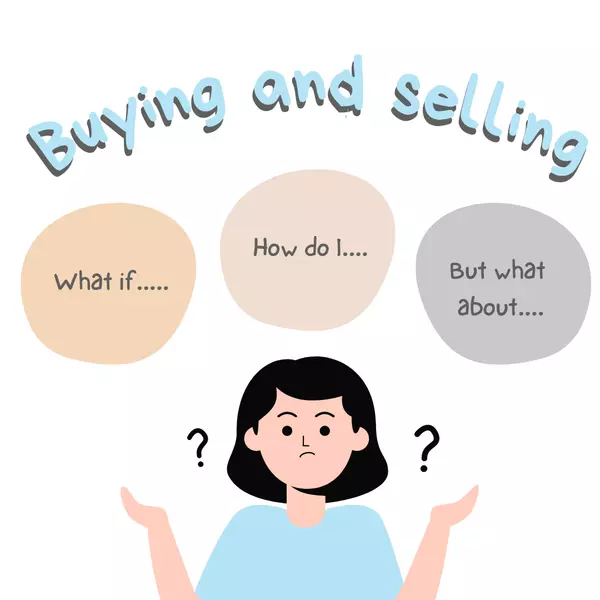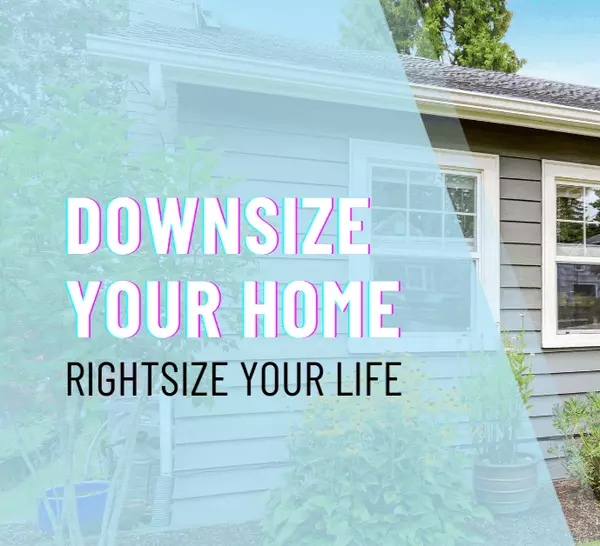Buyer Knowledge Base
Start the Search For Your Next Chapter:
MORTGAGE CALCULATOR
Get your FREE Home Buyers Guide Book!
My Complete Guide to Buying a Home book will help prepare you for the road ahead when it comes to purchasing your next home. All the tips tricks, and advise you need to get started is just a few clicks away!
This book will help you get your feet in the door (literally!) of your new home and give you a solid foundation of what to expect when going through the home buying process and how to navigate the ins and outs.
This book is an INCREDIBLE resource, but rememebr that it won't replace a professional consult to talk about your options regarding your specific situation and home buying goals!
Click the link below to download your free copy, then schedule your FREE consult with us to talk about your home buying goals!




